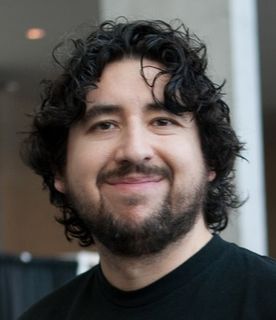A Quote by Ajit Pai
Related Quotes
We have to ensure free and open exchange of information. That starts with an open internet. I will take a backseat to no one in my commitment to network neutrality. Because once providers start to privilege some applications or websites over others then the smaller voices get squeezed out and we all lose. The internet is perhaps the most open network in history, and we have to keep it that way.
Everyone should be concerned about Internet anarchy in which anybody can pretend to be anybody else, unless something is done to stop it. If hoaxes like this go unchecked, who can believe anything they see on the Internet? What good would the Internet be then? If the people who control Internet web sites do not do anything, is that not an open invitation for government to step in? And does anybody want politicians to control what can go on the Internet?
Beginning in the Clinton administration, there was, for nearly two decades, a broad bipartisan consensus that the best Internet policy was light-touch regulation - rules that promoted competition and kept the Internet 'unfettered by federal or state regulation.' Under this policy, a free and open Internet flourished.
We don't believe it's possible to protect digital content. What's new is this amazingly efficient distribution system for stolen property called the Internet-- and no one's gonna shut down the Internet. And it only takes one stolen copy to be on the Internet. And the way we expressed it to them is: Pick one lock--open every door. It only takes one person to pick a lock. Worst case: Somebody just takes the analog outputs of their CD player and rerecords it-- puts it on the Internet. You'll never stop that. So what you have to do is compete with it.
The Open Market Committee, as presently established, is plainly not in the public interest. This committee must be operated by purely public servants, representatives of the people as a whole and not any single interest group. The Open Market Committee should be abolished, and its powers transferred to the Federal Reserve Board - the present public members of the committee, with reasonably short terms of office.
Because of the Internet's open platform, entrepreneurs have started small businesses, innovators have created online services, and webcasters have produced a diversity of news-information sources. We must make sure that winners and losers are decided by the marketplace and not your Internet service provider.


































